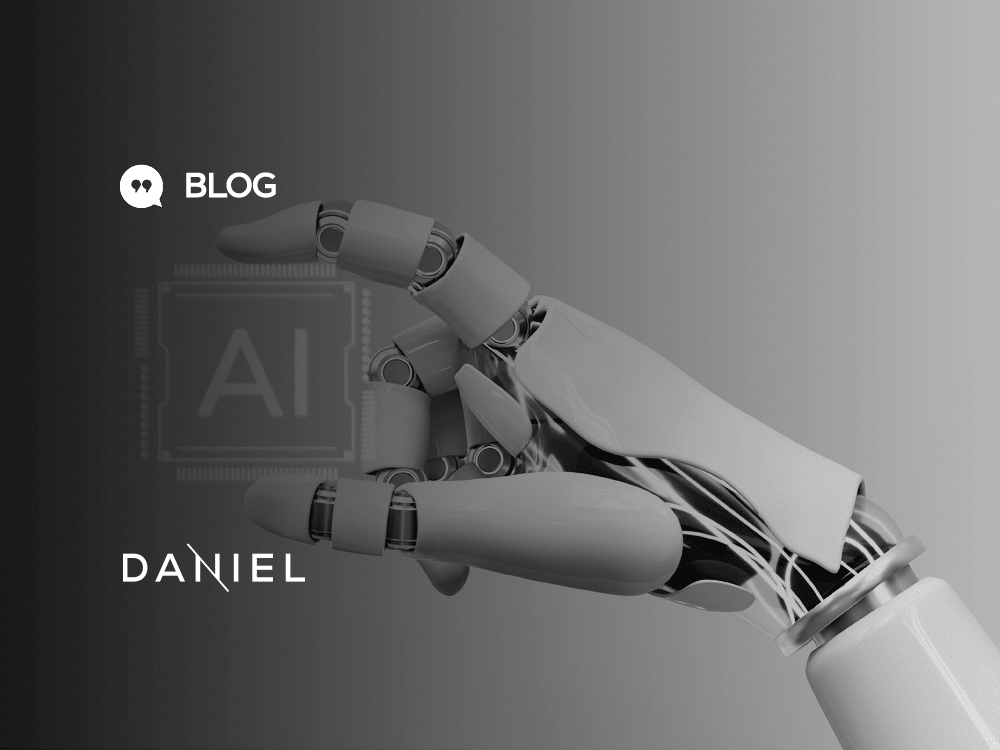This year has everyone talking about ChatGPT. Indeed the many applications of this new technology are truly astonishing. The chatbot, which has already passed a number of difficult exams (including US Bar exams, the LSATs and SATs ) seems to have unlimited applications. Some have even touted the technology for use as virtual therapy, life coaching, creative writing, or language learning, giving a few quick examples.
More recently, it was even reported that a job application written entirely by ChatGPT tricked recruiters and beat more than 80% of human candidates to a job interview !
Yet more mind-boggling is that ChatGPT is just one among various new AI applications being introduced to our digital markets, including those that generate art, create diverse types of texts, or accurate translation tools. While many people are meeting such developments positively, there has also been a backlash recently due to the regulatory, legal and ethical challenges presented by these new tools over such a short timeframe.
During March 2023, a number of prominent tech leaders, including Elon Musk, urged the world’s leading artificial intelligence labs to pause the training of new super-powerful systems for six months . The letter noted that such recent advances in AI present “profound risks to society and humanity.” Such development comes just weeks after the release of Open AI’s GPT-4, seen by many as the most powerful AI system ever released.
While the discussion continues numerous lawsuits are already being filed around the world challenging the AI applications (e.g., those questioning whether such systems infringe the creators’ copyright as a result of scraping information publicly available on the internet).
Data protection is one among the various other concerns of being expressed by governments and other stakeholders who are starting to consider the potential risks (the spread of misinformation, cybercrime, fraud, and plagiarism, etc.).
Showdown in the privacy arena
Since legislation on AI is still in the process of being developed in most countries, we are seeing national data protection authorities starting to take initiative. In an unprecedented move, the application has already been temporarily banned in Italy, based on the argument that it could violate the EU’s General Data Protection Regulation (GDPR). Other data protection authorities that have already taken action or are investigating ChatGPT include the Spanish Data Protection Agency (AEPD) and the Office of the Privacy Commissioner of Canada.
On April 13, the European data regulators convened a taskforce to co-operate and exchange information on enforcing EU laws against ChatGPT. The move was announced by the European Data Protection Board (EDPB), after numerous requests from European DPAs for more coordination.
While national DPAs are starting to make their move, the EU’s legislative bodies are also discussing how to best to include the technology in the Draft EU Artificial Intelligence Act.
Meanwhile, in the US, there have also been growing calls from advocacy groups for the American Federal Trade Commission (FTC) to investigate and block ChatGPT. On April, 11 the Biden Administration confirmed that it would seek public comments on potential accountability measures for AI.
An update on Brazil
Brazil’s Congress is currently in the process of studying the best ways to regulate AI in the country. Up to now, an expert committee was formed by the Brazilian legislature to provide a comprehensive study on AI regulation in the country.
The committee is composed of academics, industry leaders, as well as representatives of Brazil’s data protection body (ANPD), and already made several recommendations under 3 main headings: citizen’s rights, the categorization of risks, and the governance measures that are activated when the regulation is not followed.
Giving two examples, the bill provides for the right to be informed when interacting with artificial intelligence systems, and to be provided with an explanation of all decisions and recommendations the system provides, as well as to contest such provisions if they have legal consequences or significantly impact the users’ interests.
The bill also provides for a right of “non-discrimination and correction of direct, indirect, illegal, or abusive discriminatory biases” and to privacy and protection of personal data.
It may be said that the proposal in the Brazilian Senate was inspired by the European AI Act, especially since it also classifies types of AI systems by risks, as well as addressing the measures to be applied according to each model.
However, it is worth pointing out that there is still significant debate about the accountability and risk mitigation approach in the bill and how it will be applied for developers or those who will actually take advantage of the systems (note that the bill has already undergone significant changes has since it was first proposed by the Chamber of Deputies).
The bill will now proceed to the Senate Constitution and Justice Committee before returning to the floor to be voted upon. After approval, it must still return to the House, and before becoming law it will also require presidential sanction.
Like in other jurisdictions, Brazil’s lawmakers are in the process of formulating the best approach to regulate AI and looking at the details to be added to the proposal. In the meantime, it will be up to other Brazilian authorities, including the ANPD and national consumer protection authorities, to deal with the challenges posed by developments in AI and conflicting Brazilian legislation.
Conclusion
AI applications, like ChatGPT, are already changing the world as we know it and exponentially enhancing the possibilities for innovation and creativity in our daily lives. However, we are also seeing that the speed at which the technology was introduced to our markets brought with it diverse legal and ethical issues.
In the end, the task will be to find a balance between technological innovation and the interests and rights of the technology users and others affected.
If you would like to receive more information about the current proposed regulatory framework in Brazil for dealing with AI applications, please get in touch with one of our experts.

